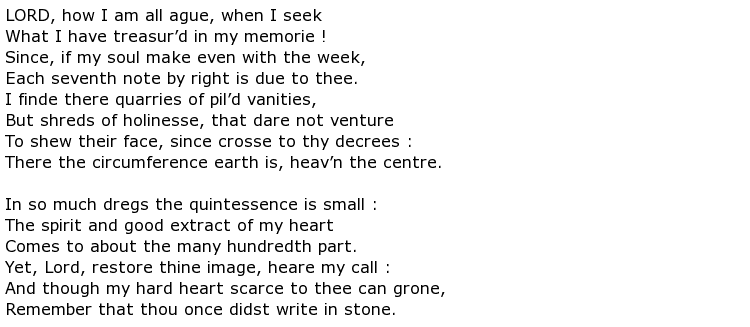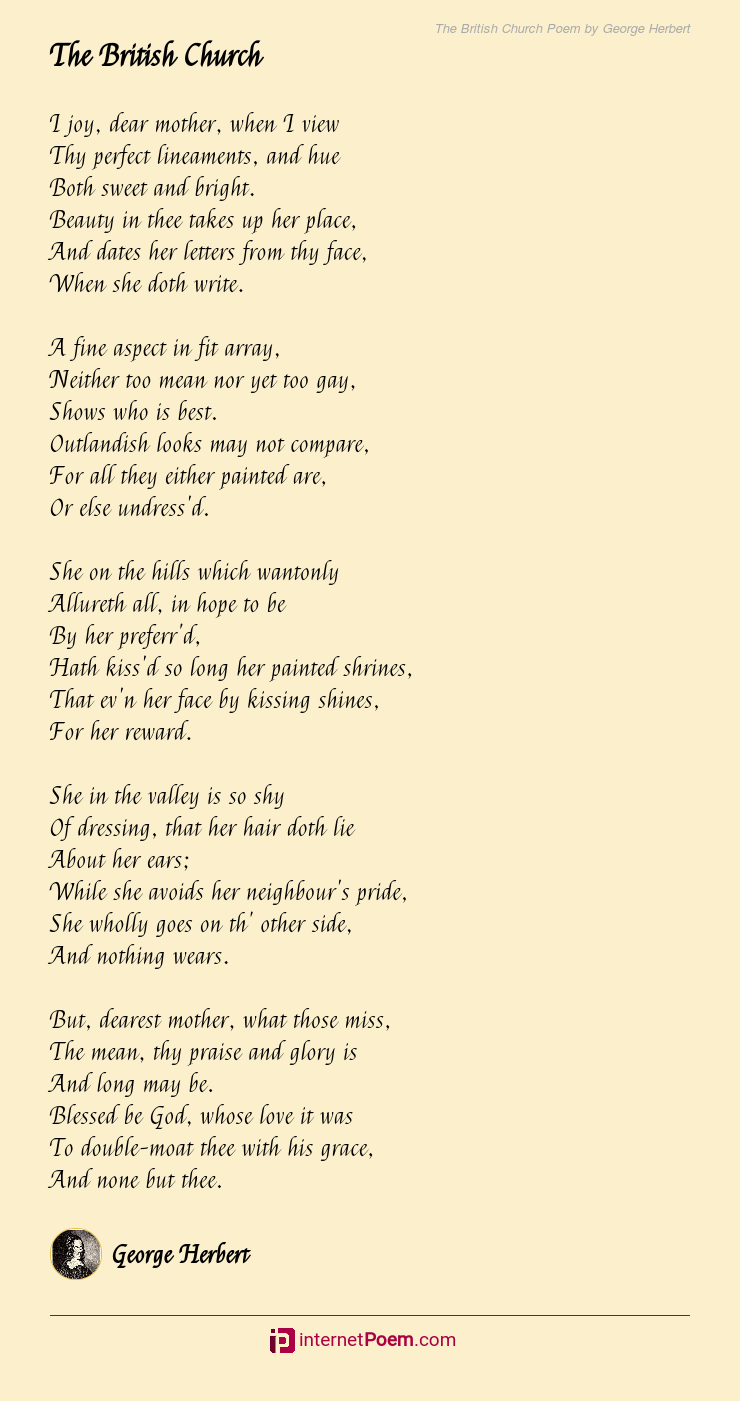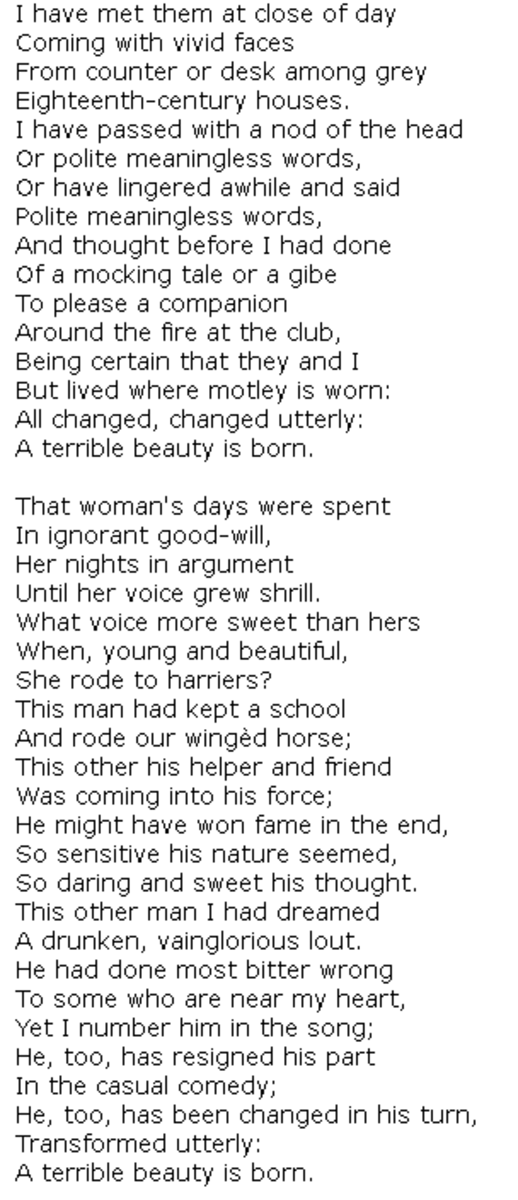

His stretched sinews taught all strings, what keyĬonsort both heart and lute, and twist a song The cross taught all wood to resound his name, His life may make thee gold, and much more, just.Īwake, my lute, and struggle for thy part That, as his death calcined thee to dust, Who takes thee by the hand, that thou likewise It reflects on Christ’s rising from the dead and how we also rise from the dead in Christ. This poem is excerpted from “ The Temple,” published in 1633. This 1769 hymn still reads well today and reminds us of that climactic Easter moment: the angels rolling the stone cover from the tomb, showing that Christ had risen.īoundless empire is Thine Own. “Angels Roll the Rock Away” by Thomas Scott Is become the first fruits of those who have fallen asleep.” 2. While you can find versions of the text that set it all in lines like a poem, the ending really becomes a poem with its refrain about Christ’s return from the dead.Ĭhrist is risen, and the demons are fallen.Ĭhrist is risen, and not one dead remains in the grave.

The Paschal Homily is a sermon by church father John Chrysostom. Malcolm Muggeridge calls the Passion of the Christ “that powerhouse of love and creativity.” Frederick Buechner and others have seen the Easter story as the best tragedy (because Jesus’ death was terrible), the best comedy (because it tricked the devil), and the best fairytale (because it speaks to the wonder and surprising twists that all fairytales try to capture, but it actually happened). That God would come down in human form, live among humans, and then die for them is a shocking message that provides a beautiful image of God’s love and sovereignty. This story is not only good news for our sinful souls it is essentially poetic news. He is then arrested and killed on the cross… only to rise three days later. After a friend agrees to betray him, Jesus holds the Last Supper with his disciples and waits for his accusers in the Garden of Gethsemane. Then he shocks the people and their leaders with his teachings about generosity over properness and condemnations of hypocritical authorities… yet he never steps into the easy role of a revolutionary overthrowing the political leaders.

The story is familiar but somehow always compelling: Jesus Christ enters Jerusalem, full of pomp and circumstance. It is the season where we remember the greatest story over told: Jesus’ sacrifice for sin on the cross, followed by his victory over death as he exited his grave.

As a season, it’s the time when (to quote Joyce Kilmer),įor Christians, it’s more than just the start of spring. Easter is a poetic time for many reasons.


 0 kommentar(er)
0 kommentar(er)
